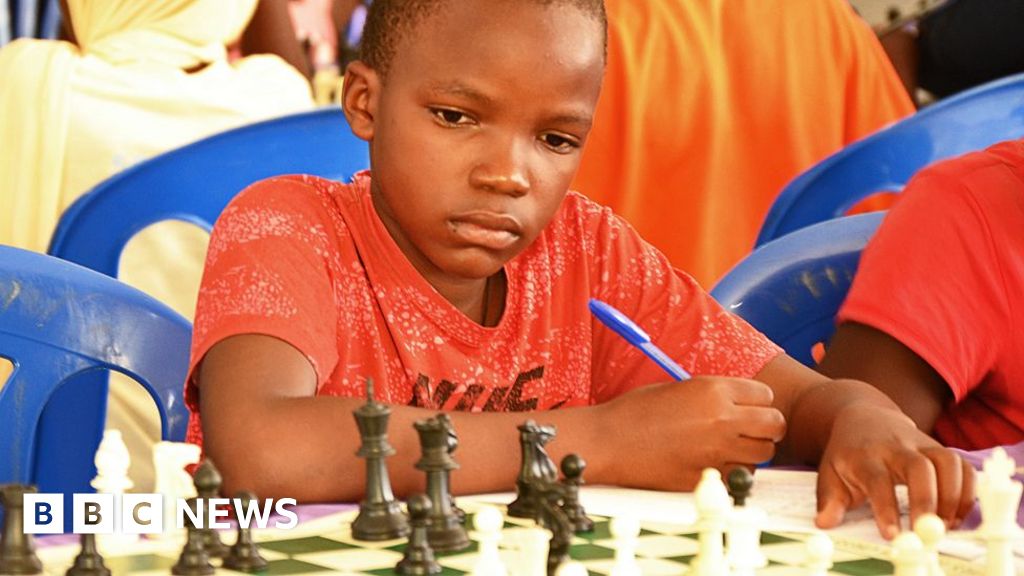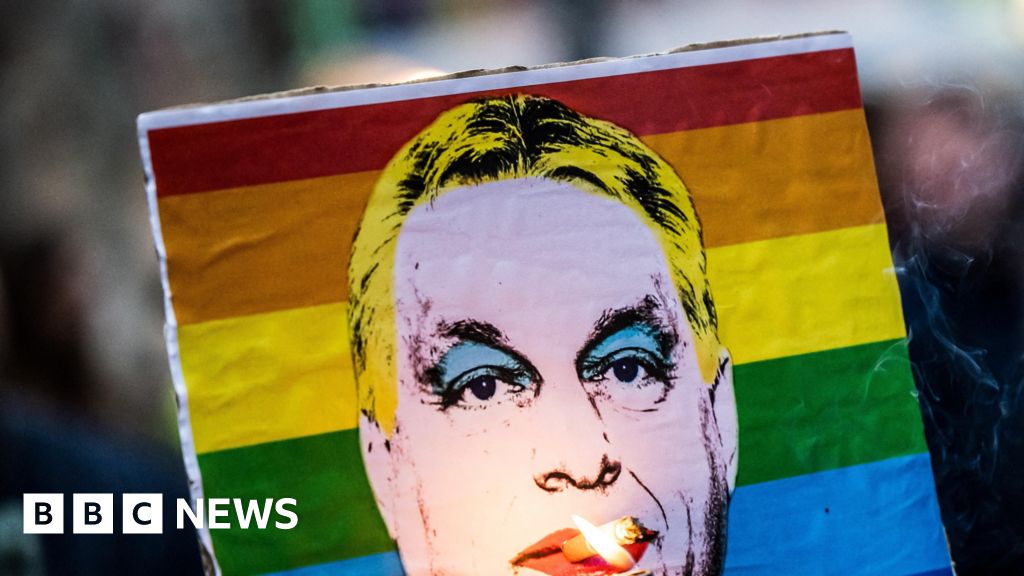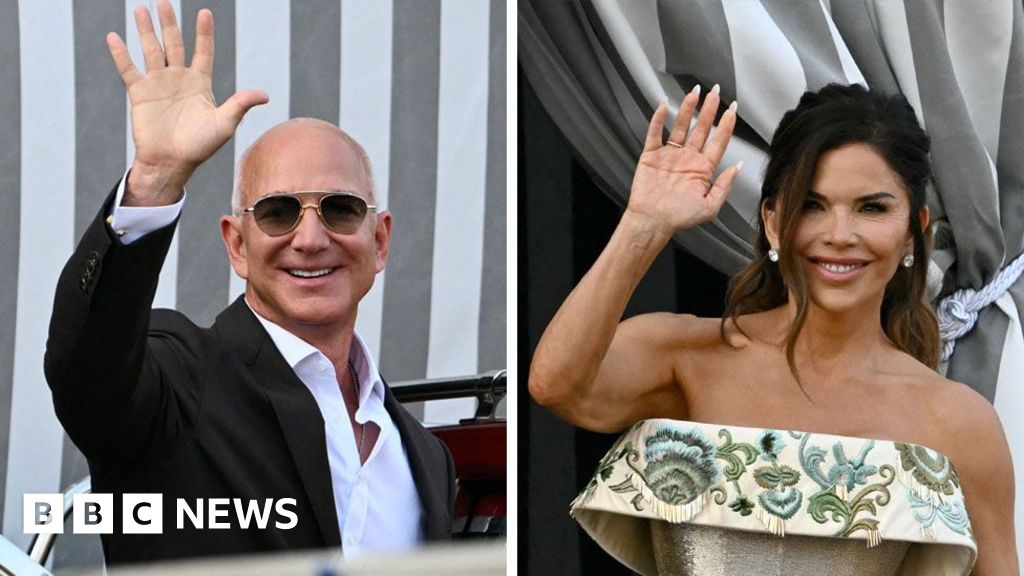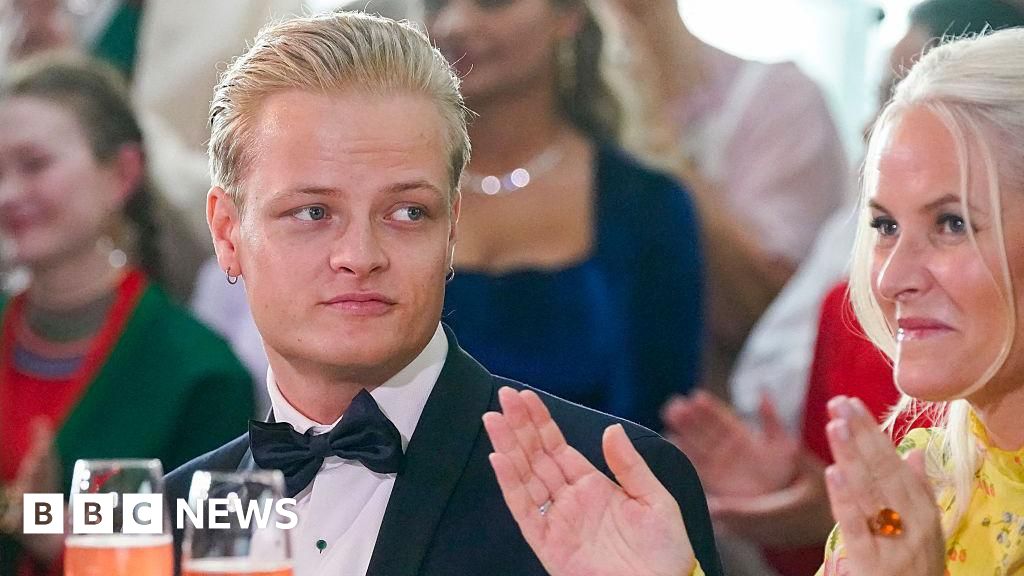Depardieu had been a Cannes stalwart since 1976, when Bernardo Bertolucci’s historical epic “1900,” in which Depardieu acted opposite Robert De Niro, ran in an out-of-competition slot. He has appeared in nearly 30 movies at the festival and served as jury president in 1992.
On Tuesday evening, at a beach party with free-flowing rosé, Michel Burstein, a publicist from the Paris-based company Bossa Nova, argued for what he called “balance.”
“He’s probably guilty, probably been a very bad man,” Burstein said. “But he has been also more respectful, a man who has achieved an unbelievable work in many domains.”
“It’s complicated,” Burstein said, adding that he knew Depardieu and his brother Alain personally.
Standing nearby, Benjamin Zeitoun, a producer, said he didn’t want to judge. “When you don’t know the thing at the center, really close, it’s not possible to have an opinion,” he said.
This is far from the first time #MeToo has been a talking point at Cannes. In 2018, the actress Asia Argento called the festival Harvey Weinstein’s “hunting ground” in a speech at the closing ceremony. The 2023 edition courted controversy when it opened with “Jeanne du Barry,” a movie starring Johnny Depp, who had just won a defamation case against his ex-wife Amber Heard, who had accused him of physical and sexual abuse.
Speaking by phone on Wednesday morning, Rupa Dash, the chief executive of the World Woman Foundation, which is running an event at a Cannes hotel during the festival, said Depardieu’s conviction was “definitely a win” for the #MeToo movement, but was downplayed on the main stage of the festival.
Source link


















